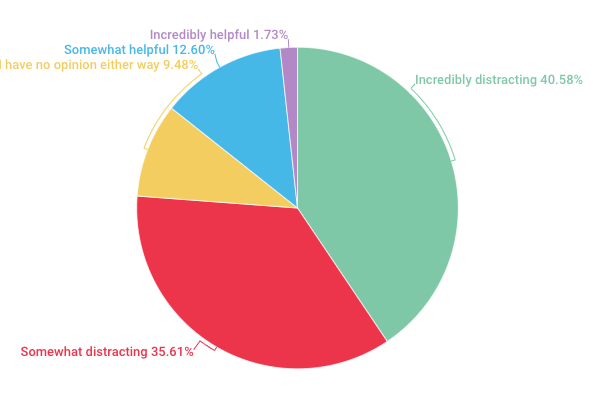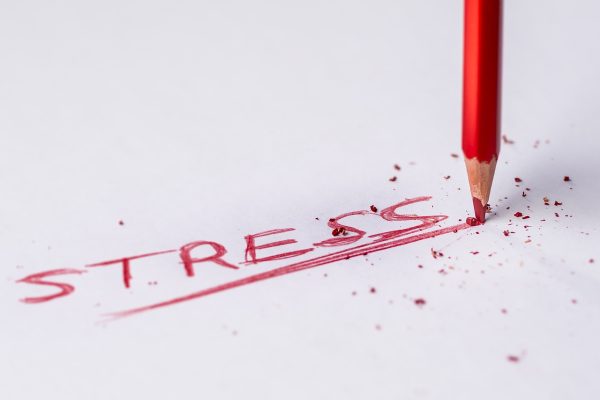Our Testing System is Broken
December 21, 2016
As high schoolers, we all have to deal with the burden of tests. From quizzes to final exams, tests are used as the primary tool to assess students in almost every class. The question that surrounds testing is whether or not tests alone are effective means of measuring success.
While most teachers use tests at least occasionally to gauge progress, some use other methods to assess their students, such as presentations, essays, or group projects. Most of us, it is fair to say, have accepted that this is the system. We learn the material, do the homework, and are then assessed on it in some form.
A person who is interested in and passionate about the material taught in a class might retain the information they gain from the class for a long time afterwards. On the other hand, a person who is just going through the motions of school might remember the information for the final and then forgetting it after they have no use for or interest in it.
To Mr. Rob Escue, that pattern of learning the material for the final only to forget it once school no longer requires that you know it represents a broken education system. While Escue does give a variation of a test, he also has other means of measuring students’ success. Those methods include self-assessments, projects such as making personal budgets and doing a stock market simulation and more.
The test that Escue gives is not at all traditional; instead of having his students sit down and fill in bubbles on a scan-tron for an hour, he breaks the test up into three components. The first few minutes of a test are traditional, where students answer questions on their own. For the next portion of the test, Escue allows students to work with each other and for the final portion he allows students to use whatever resources are available to them, including the internet.
“I want to know what [my students] know, not what they don’t know. I feel like a traditional test just shows me what they don’t know. To me, it’s all about retention. I honestly don’t care how much [students] can memorize and regurgitate back to me,” Escue said.
Escue’s method of assessing students is designed with the intention that students remember the information from his class after the final while also enjoying the content rather than being bored by it.
In Mr. Escue’s class, students never have homework and have the option to opt out of any assignment. If they choose to opt out, then students create their own alternative assignment.
“To me, the problem with education is standardization. We always preach individuality, and say that everyone has their own mind, yet we give them the same test or assignment,” Escue said.
In an ideal world, there would be no standardization, however Escue does acknowledge that for certain subjects it is difficult to adapt assessments as he does. In those particular subjects, there is truly no other practical way to assess students other than a test. And while Escue, along with many others, hope that standardization in our education system begins to fade away, he acknowledges that it is unlikely that all, if any teachers will adopt similar methods to his. At least for now, the system remains as it has always been.











